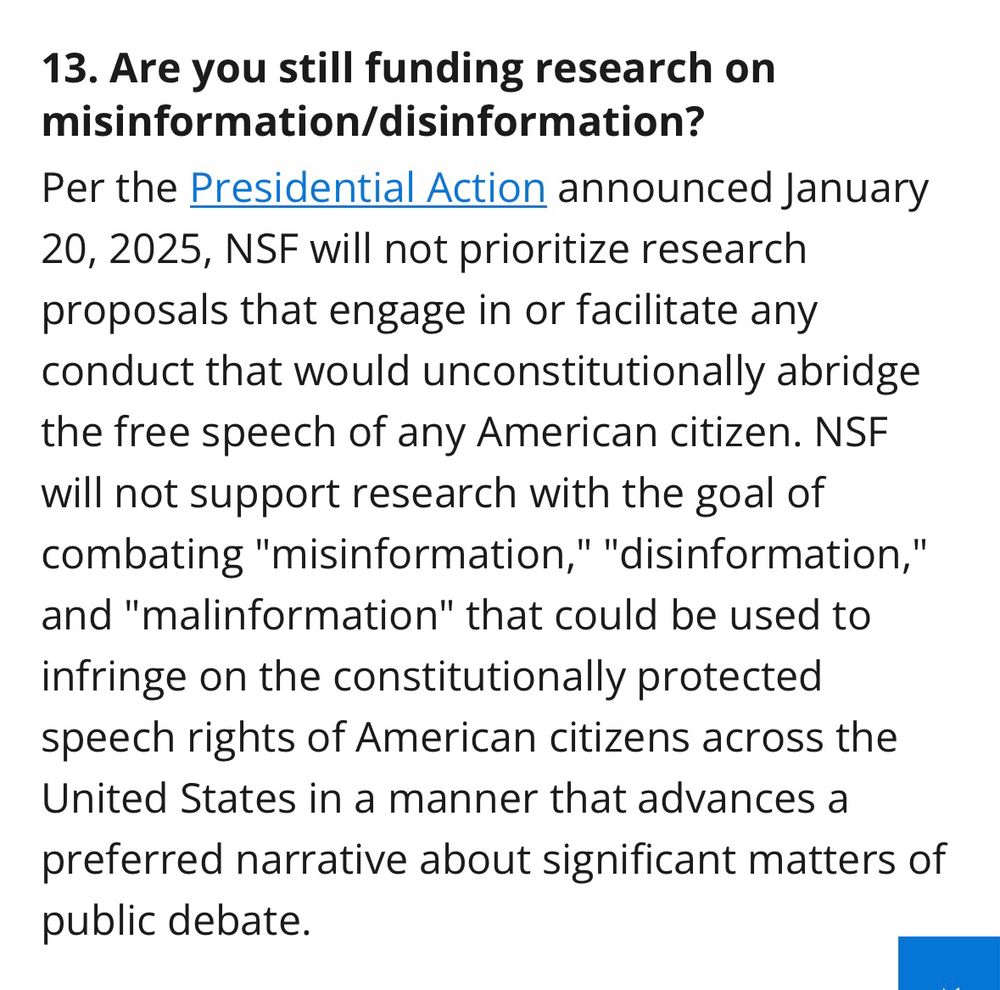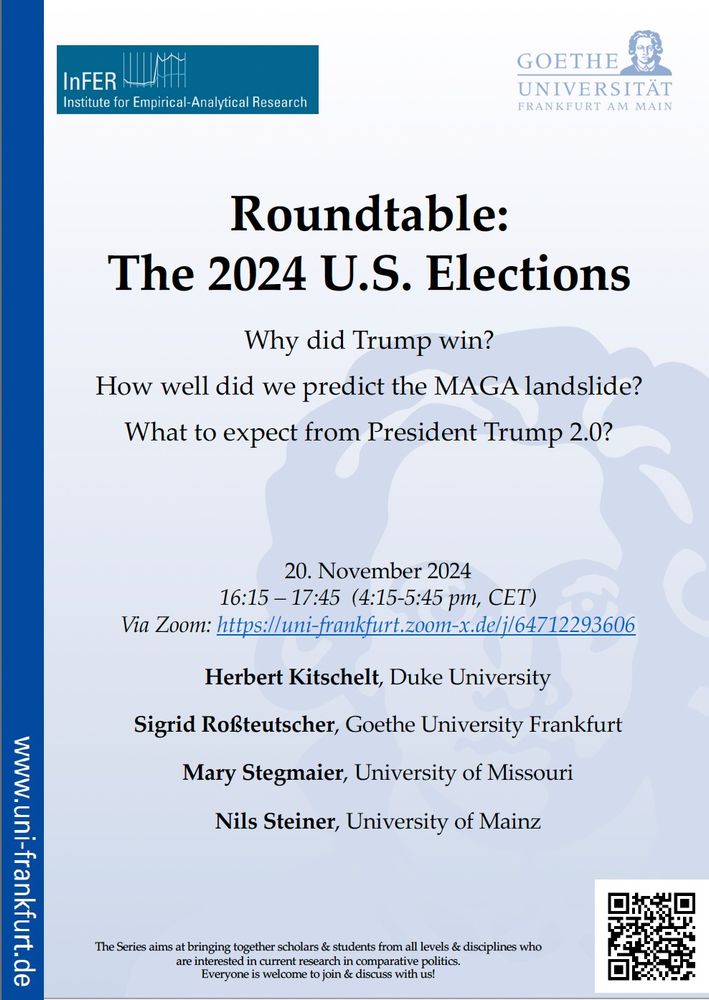Alexander Jedinger
@jedinger.bsky.social
42 followers
59 following
7 posts
Political scientist and Senior Researcher at GESIS – Leibniz Institute for the Social Sciences
Posts
Media
Videos
Starter Packs
Reposted by Alexander Jedinger
Reposted by Alexander Jedinger
Alexander Jedinger
@jedinger.bsky.social
· Jun 30

Ambivalent sexism and opposition toward public breastfeeding
The study examines the impact of hostile and benevolent sexism on attitudes toward public versus private breastfeeding. According to ambivalent sexism theory, we hypothesized that hostile sexism wo...
doi.org
Reposted by Alexander Jedinger
Reposted by Alexander Jedinger
Reposted by Alexander Jedinger
Reposted by Alexander Jedinger
Kai Sassenberg
@kaisassenberg.bsky.social
· Mar 13

The Appraisal Model of Conspiracy Theories (AMCT): Applying Appraisal Theories to Understand Emotional and Behavioral Reactions to Conspiracy Theories
Beliefs in conspiracy theories are related to a diverse set of emotional and behavioral consequences. At the same time, a theoretical model detailing when a conspiracy theory is more likely to elic...
www.tandfonline.com
Alexander Jedinger
@jedinger.bsky.social
· Mar 13
Reposted by Alexander Jedinger
Reposted by Alexander Jedinger
Christian Czymara
@christian.czymara.com
· Feb 19

Discursive Shifts in the German Right-Wing Newspaper Junge Freiheit 1997–2019: A Computational Approach
Right-wing media are pivotal for the success of the political right. We investigate the discursive trends in roughly 57,000 articles published in Germany’s biggest far-right weekly newspaper, Junge...
www.tandfonline.com
Reposted by Alexander Jedinger
Reposted by Alexander Jedinger
Reposted by Alexander Jedinger
Alexander Jedinger
@jedinger.bsky.social
· Jul 11

Stability, change, and external shocks: Selected results for German public opinion on foreign and security policy
In this post, we analyze long-term trends in security-related attitudes among the German public and recent changes due to the ongoing war between Russia and Ukraine. We will use annual surveys from th...
doi.org
Reposted by Alexander Jedinger
Reposted by Alexander Jedinger
Reposted by Alexander Jedinger
Ansgar Hudde
@hudde.bsky.social
· Mar 20
Reposted by Alexander Jedinger
Marina Tulin
@marinatulin.bsky.social
· Mar 8
Reposted by Alexander Jedinger















